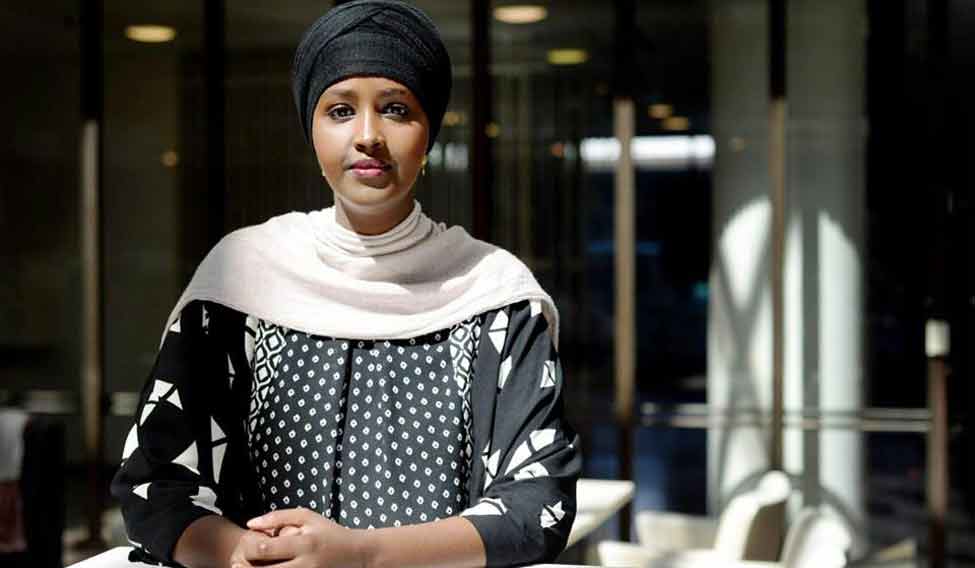Twenty-five years ago, when the world had started to call Somalia a ‘stateless society’, thousands of fleeing Somalians found a home in Finland. Among them was a 17-year-old girl, the daughter of a truck driver, and her two siblings. Fadumo Dayib now holds three master’s degrees, two from Finland and one from Harvard. Dayib, 42, is going back to Somalia, not as a refugee going home, but as a presidential candidate. “I have finally understood the value of walking away in order to walk back to what matters the most. I am going home to reclaim Somalia and Somaliness,” says her campaign tagline.
Finland gave her a life and a family, but as a refugee she lived there like an unwanted person. Dayib always wanted to go back to Somalia. In 2005, she joined UNICEF and started working in Putland, Somalia, for a brief period of six months. After Somalia, she went to Fiji and Liberia, working with UNICEF for several years. She is now doing her PhD at the University of Helsinki specialising in women's governmental participation and empowerment in post-conflict societies. Her educational background and the support from the Somali diaspora in the US are all aiding her campaign. But in a country like Somalia, home to Al-Shabaab, one of the deadliest terrorist organisations in the world, participating in the election is not easy especially for a woman. Al-Shabaab has already warned against conducting the elections.
Somalia was recently in the news in India when Prime Minister Narendra Modi compared the infant mortality rate among tribal children in Kerala's Attappadi region with that of Somalia. It led to thousands of memes and funny comments on social media, most of them making fun of Modi and the Somalis. Life, however, is not a joke for the Somalis. Of the 11 million Somalis, 75 per cent are under the age of 30 and 68 per cent of them are unemployed, forcing many of them to join pirates or Al-Shabaab.
On a positive note, Somalia is no longer at the top of the fragile state index. Since September 2012, there is a permanent central government under President Hassan Sheikh Mohamud. Elections to the parliament will take place between September 24 and October 10, and the presidential elections are scheduled for October 30.
Dayib, with her multiethnic background, wants to fight intense “clannism” in Somalia, which she says is the major reason behind its downfall. But unfortunately in the upcoming election, 14,000 delegates representing various Somali clans will cast their votes for members of the lower house, while the regional states will select the members of the upper house. And both houses will elect the president. With her slogan ‘My clan is the Somali flag and my allegiance to Somalia,” Dayib hopes to spring a surprise and get elected as the next president of Somalia.




